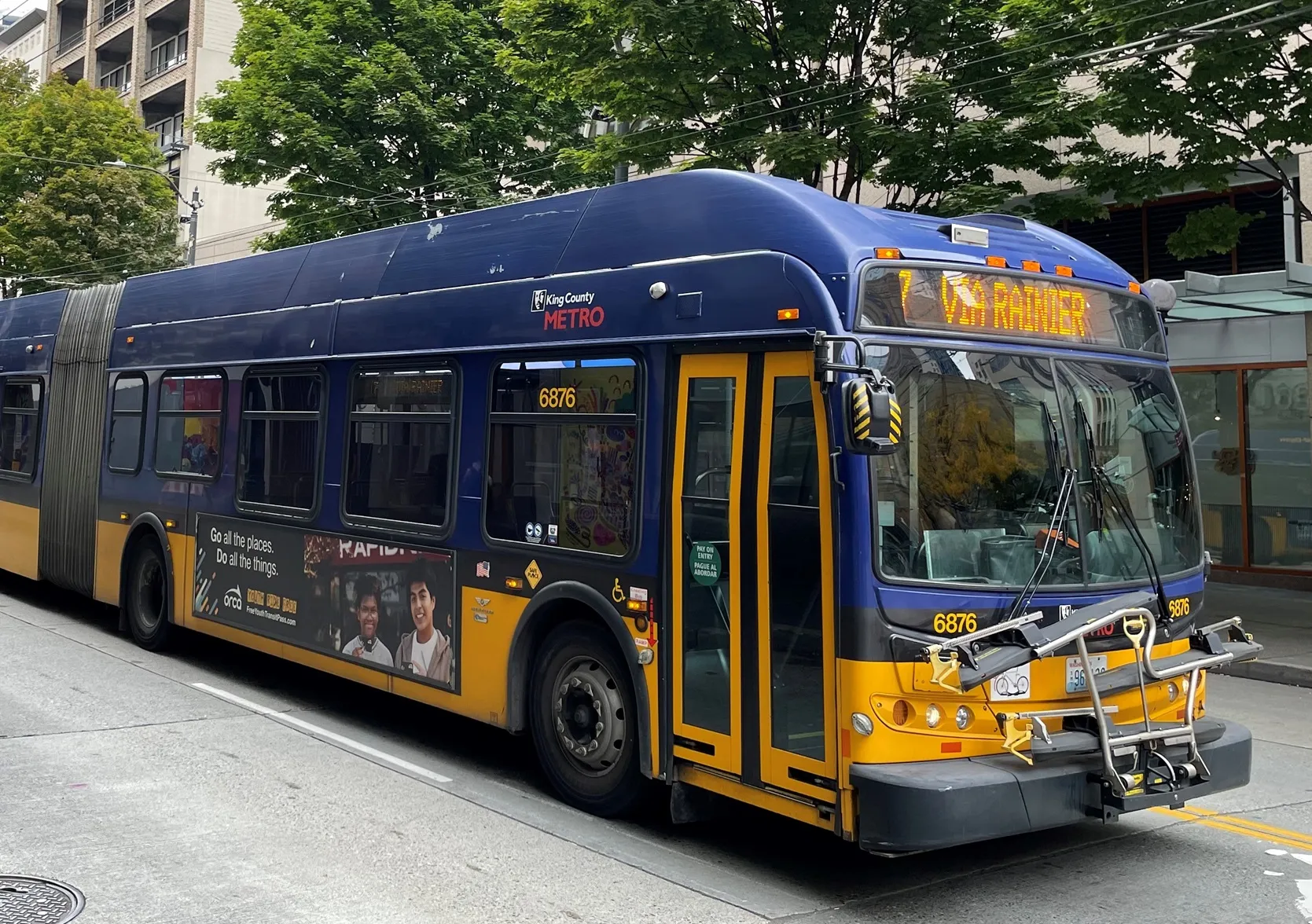The Smart Crossing uses research from the Transport Research Laboratory (
The Smart Crossing spans 7.5m x 22m of responsive road surface and uses computer vision technology to see what is happening around it, and an LED road surface to change its markings to keep users safe. It can pre-empt pedestrians’ movement and where the eyeline is most likely to be without manual intervention. The Smart Crossing can also widen to accommodate large groups, which could help reduce the number of crowd-related incidents outside schools or sporting events. In addition, it assists in emergency situations, such as a child chasing a ball into the path of oncoming traffic. Smart warning signals can also be used to ensure pedestrians are not hidden by high sided vehicles which can create a blind spot for other drivers. Finally, the smart crossing can use dynamic road and pavement patterns to urge pedestrians using their mobile phones to look up and focus on the crossing.
Jason Wakeford, head of campaigns at road safety charity, Brake said, “This innovative pilot is a great example of how technology can help to improve road safety. We look forward to seeing the results of this trial and hope Smart Crossings will be rolled out in towns and cities across the country."
Direct Line showcases The Smart Crossing in London
In response to 7,000 incidents taking place at pedestrian crossings each year in Britain, Direct Line has unveiled the new Smart Crossing in London which has been developed by urban design technologists Umbrellium.
The Smart Crossing uses research from the Transport Research Laboratory (TRL), which identified many factors that impact the safety of pedestrians on road crossings. These include, the pedestrian’s position and route as they cross the road, the influence of other pedestrians dangerously crossi
October 10, 2017
Read time: 2 mins
In response to 7,000 incidents taking place at pedestrian crossings each year in Britain, 4236 Direct Line has unveiled the new 5062 Smart Crossing in London which has been developed by urban design technologists Umbrellium.








